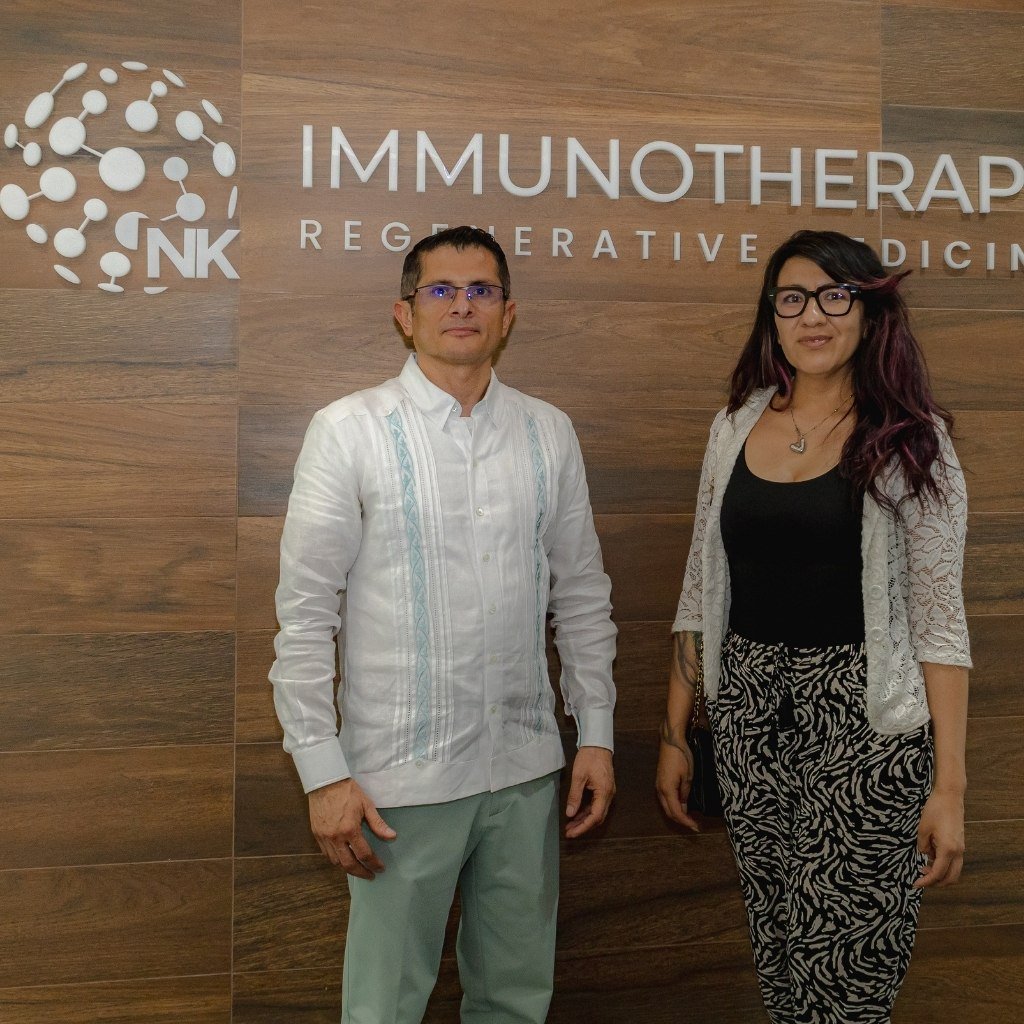Raúl Rosales Ibáñez, Ph.D., is a biomedical researcher recognized for his work in cellular and molecular biology, biotechnology, and regenerative medicine. His career bridges laboratory innovation and clinical translation, with a strong emphasis on the development of advanced therapeutic approaches that combine cell-based interventions, biomaterials, and bioactive molecules for tissue repair and functional recovery. Dr. Rosales Ibáñez has contributed to multiple peer-reviewed publications and collaborative research programs, working with leading academic institutions and clinical teams in Mexico to advance the scientific and technological foundations of regenerative therapies.
Academic background
Dr. Rosales Ibáñez earned his Ph.D. in Biological Sciences, specializing in cellular and molecular biology applied to regenerative medicine. His doctoral research focused on the interaction between stem/progenitor cells and engineered scaffolds, optimizing cellular adhesion, differentiation, and viability for therapeutic applications. He has pursued postdoctoral and research fellow roles in academic environments equipped with state-of-the-art cell culture, biomaterials synthesis, and imaging technologies, enabling him to translate basic findings into clinically relevant strategies.
He has been affiliated with Escuela Superior de Medicina – Instituto Politécnico Nacional (IPN), among other research centers in Mexico, and has collaborated with multidisciplinary teams in regenerative biology, orthopedics, and chronic wound management. His academic training combines theoretical expertise with extensive laboratory experience, particularly in cell characterization techniques, flow cytometry, and histological analysis.
Research areas of expertise
Dr. Rosales Ibáñez’s expertise includes:
- Regenerative medicine & cell-based therapy: Development and optimization of protocols for the isolation, expansion, and application of mesenchymal stromal cells (MSCs) from various tissue sources.
- Biomaterials and tissue engineering: Design and evaluation of biocompatible scaffolds to support cell attachment, proliferation, and differentiation in musculoskeletal and soft-tissue regeneration.
- Bioactive molecule–cell interactions: Study of plant-derived and synthetic molecules to enhance stem cell differentiation, survival, and paracrine activity.
- Molecular characterization: Use of flow cytometry, PCR, and immunostaining to validate phenotypic markers of therapeutic cell populations.
- Wound healing & chronic disease applications: Integration of regenerative approaches into clinical case management, particularly for diabetic ulcers, osteoarthritis, and degenerative tissue conditions.
Notable projects
- MSC–biopolymer integration for bone regeneration: Participated in experimental models testing scaffold porosity, degradation rates, and osteoinductive capacity when combined with autologous MSCs.
- Bioactive flavonoids in osteogenesis: Co-investigated the role of compounds such as (-)-epicatechin in enhancing osteogenic gene expression and calcium deposition in MSC cultures.
- Clinical translation in chronic wound care: Contributed to case studies using autologous bone marrow–derived MSCs combined with surgical grafting to achieve full closure of complex diabetic ulcers.
- Infectious agents and cancer: Collaborated in literature reviews exploring the association between early-life infectious exposure and the etiology of certain hematologic malignancies.
Selected publications
Note: All links point to peer-reviewed journal entries or academic repositories.
- Mesenchymal Stem Cells and Autologous Skin Grafts in Chronic Diabetic Ulcer Treatment
Cirugía y Cirujanos (English Edition), 2015;83(6):532–536.
View article - (-)-Epicatechin Promotes Osteogenic Differentiation of Human MSCs
Journal of Medicinal Food, 2025;28(8):757–767.
View PubMed entry - Review: Infectious Agents in Childhood Leukemia
Archives of Medical Research, 2017;48(4):305–313.
View PubMed entry
Awards and recognition
- Recipient of institutional research grants supporting translational regenerative medicine projects at IPN.
- Co-author of award-nominated papers in Mexican national medical congresses on wound care and tissue regeneration.
- Invited lecturer at academic symposia focusing on biomaterials in clinical regenerative applications.
Current focus
Dr. Rosales Ibáñez is actively engaged in bridging laboratory innovation and patient care by refining cell-processing protocols for higher viability and potency, integrating biomaterial science into surgical practice, and identifying adjunct molecules to accelerate tissue repair. His current work at Immunotherapy Regenerative Medicine – NK Division includes collaborations with clinicians to design personalized regenerative protocols for complex, non-healing conditions, always under strict quality control and international safety standards.
Impact
Through a career dedicated to cell biology, tissue engineering, and translational medicine, Dr. Rosales Ibáñez has contributed to advancing the credibility and reproducibility of regenerative therapies in Mexico. His work exemplifies the integration of scientific rigor and clinical applicability, aligning with Immunotherapy NK’s mission to offer safe, personalized, and scientifically grounded treatment options for patients worldwide.
